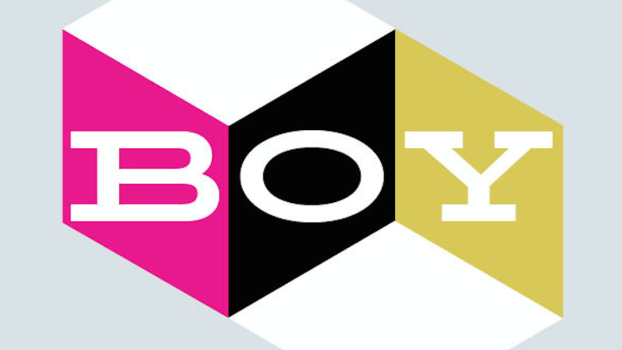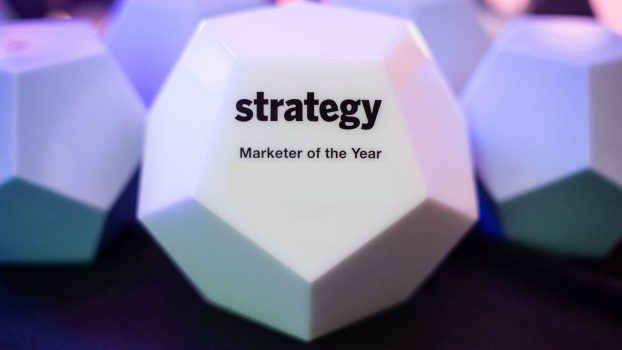By Mike Robitaille
Eleven years ago, a collapsing financial system threatened to upend capitalism, commerce and consumerism. It seemed as though revolutionary change were imminent. Although the effects of that crisis were devastating for many, the event itself was neither long nor far-reaching enough to force systemic change. COVID-19 will not suffer from those shortcomings.
The global pandemic’s unfairly distributed pain is galvanizing a gathering storm of humanity.
This pandemic will illuminate the crusades for meaningful change that people want to see brought about in our world, and social technologies will organize people in numbers to bring about that change. This pandemic opens the door wide for corporations, society’s institutions, heroic philanthropists and social leaders to shape progress for people and our planet.
Cooperation and kindness
Our experience with this virus illuminated the very best of human behaviour. Acts of selflessness, thoughtfulness, decency and caring – by corporations, institutions and individuals alike – are affirming the innate good that resides in each of us and the deep sense of fulfilment and togetherness it produces. And it makes a difference. According to a recent Angus Reid Group survey, 77% of Canadians will become loyal customers to companies that behaved admirably during this crisis.
Companies that earned the goodwill of employees and customers by coming to their aid in some way – from converting manufacturing capacity to PPE production and offering helpful financing flexibility to food bank donations and essential worker support – stand to benefit from institutionalizing “kindness” as an ongoing corporate marketing effort. Not as an act of temporary crisis support, but as the basis of trust and decency we expect from any relationship.
Creating a permanent effort to inspire and communicate the small, thoughtful gestures of a company toward its employees, customers and communities will reinforce not only the granite foundation of healthy relationships; it will also provide a body of evidence to show your company cares about people, in addition to profit.
For businesses that are structured as cooperatives, this could be a defining moment to celebrate this very fundamental point of difference: that yours is a company owned by a community of members and designed for the benefit all involved and affected.
Thoughtful consumption
As we self-isolated and sheltered in place we discovered how little we truly need. And for some, needing less even made them happier. As our planet struggles with the environmental impact of our relentless consumerism, we can choose to moderate what we buy and consume.
An Asia Pulp and Paper survey found 74% of Canadians consider sustainability an important factor when purchasing. The rapid adoption of reusable food bags and water bottles before the pandemic suggests people are eager to embrace practices that cause less harm to the planet. As COVID-19 subsides, marketing can help reignite the shift toward hygienic, reusable packaging services or other similarly motivated initiatives.
The increased sense of community that COVID-19 inspired has over 50% of people wanting to support local businesses over national and global ones, according to Angus Reid. For companies and brands that are produced locally and have associated environmental or “social license” advantages, it is an opportune time to convey those community, environmental and customer benefits.
To wide acclaim, 75 U.S. retail chains closed on Thanksgiving Day last year to give store staff and customers alike a break from the frenzy of Black Friday. Perhaps we might consider giving Canadians periods of retail rest; events or routines that encourage people to connect with ourselves, friends, family or other fulfilling ways to spend our precious time.
Distance humans from animal viruses
This pandemic, like most others, is the product of a pathogen crossing from an animal species into our own. It is within our power to alter that pattern permanently, but it means distancing ourselves from that sphere of animal risks. Broader adoption of plant-based diets is a solution that might hold some potential to mitigate the risk of future pandemics.
For companies in the business of making plant-based products, this may represent another argument to promote (in addition to health and environmental advantages). For other protein producers, there may be similar potential to market features such as antibiotic-free or claims that suggest an ability to reduce the potential of bacteria or viruses crossing over.
The Pandemic Proposals
The three proposals above are a subset of The Pandemic Proposals, a call to leaders to lever this crisis to create crusades for meaningful progress; to change our ways, for good.
Marketing can begin this new era of creating more constructive and conscientious capitalism by leading campaigns within companies that spark a crusader spirit and orient the company and its workforce as an agent of social progress and human idealism.
Marketing leaders can galvanize their executive teams to reimagine how their company operates and communicates, unifying all of its resources and influence in pursuit of bringing about the change people wish to see in the world. With those two steps undertaken, marketing can get people to join in enthusiastic support. In doing so, companies can unlock the competitive advantage that defines this next era: more people on your side, actively helping your company to win.
Mike Robitaille is a partner at Deloitte:Isaac, a purpose and momentum group.
Image: Courtesy of Sean Pollock, Unsplash.
























